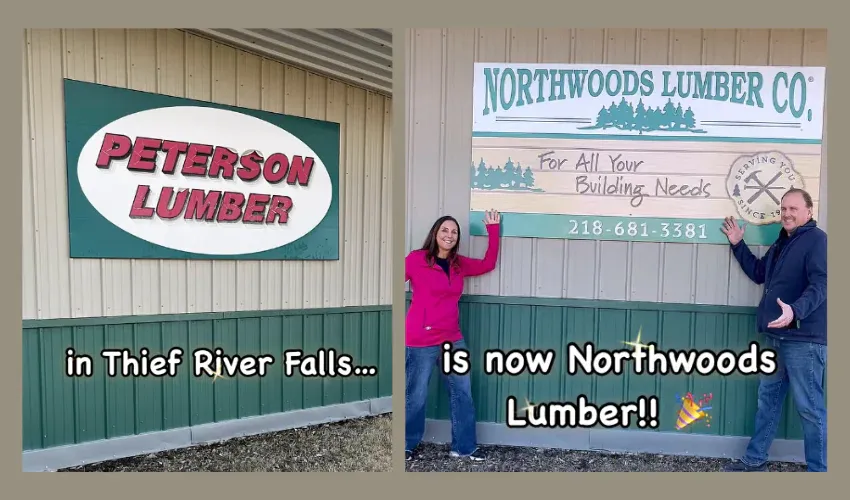Table of Contents
BEFORE WE TALK about technique, let’s talk about the Closer’s mentality. There is a dichotomy to the closing mentality. On one hand, the Closer KNOWS that they are going to get the order, but they are also PREPARED to overcome objections. It’s like a shooter in basketball has to KNOW they are going to make every shot AND that they must rebound and get back on defense on every shot.
Closer’s Tone

I was working with one of my students. She sounded scared and timid before she got orders and confident, calm, and friendly after she got orders. I told her that I wanted her to sound confident, calm, and friendly before she got orders.
In sales it’s called “acting as if.” We should act like “as if” we sold 20 on the last call and we are going to sell 20 on the next. If that were true, how would you sound on your sales calls? I call it the “I want your business, but I don’t need your business” tone. Closers are calmy, naively confident.
This calm, positive tone may sound easy but after a couple days without an order, it takes some mental toughness to pull it off.
In addition, Closers are warm, friendly and act like they enjoy what they are doing. No one wants to push a bag of rocks up a hill with us, but many sellers sound like that is what they are doing and can’t understand why people hustle them off the phone.
Never Do This
Many “sellers” (they aren’t) call customers and ask, “Is there anything you need today?” or some veiled variation of this question. These people get bad treatment and deserve it because they don’t bring any value and waste customers’ time.
Multiple of Multiples
Then there are the sellers who call and offer one of one item. The Closer comes to the call with multiple items and more than one of each of those items. They don’t list them all off and ask, “Whaddya think of that?” They promote each item separately and try to close on each separate presentation. This brings more value to the customer and gives the Closer more shots on goal.
Closes That Work
- List The Benefits Close
Closer (after the greeting/small talk): “Susan, I came across three trucks of 2×4 16”s. (1) They are out of a mill you like. (2) 16’s are tightening up. (3) And we’ve got a smokin’ price on these. How many can you use?”
We have asked for the order without giving them the price; is that even possible? YES!!! We hold back the price for two reasons: one, it is a litmus test. If the customer says no thank you, we have more probing to do or we move to our next item. Two, if there is any interest at all, they will ask.
Customer: “What’s the price?” We now at least have them engaged. Then we say,
Closer: “That’s the best part, Susan. We can pick these up for $600/MBF, which is a great deal in this market, so do you want to take all three?”
Now we have planted positive thoughts about the product in the mind of our customer. The decision-making process is usually a short time (five to 10 seconds), and we want them thinking about the value when they are deciding, not just the price.
- Similar Story Close
“I understand that you have reservations, John. A lot of customers do. I was talking with one of my customers last month and he had the same concerns. He put on a trial load, and he just re-ordered this morning!”
“John, last time you told me you wanted to wait, and I let you. You called me two days later and the stock was gone, and the price was up.”
- Fear or Scarcity Close
Fear is a great motivator. If you can show your customers that waiting is not a positive option for them, they will buy.
“Susan, we can wait if you want, but this product will not be here tomorrow. My partners are selling these left and right. We had 20 of these yesterday, and we’re down to five. Why don’t we put these together before they (the last five) are sold?”
A word of caution: don’t overuse this close or you will undermine the relationship and your own credibility.
- Project the Future Close
“You are going to love this stock.”
“This is going to be great for you when you buy it.”
“You are going to love this when it gets to you.”
“By the time this lumber gets to you, you’re going to be $50 under the rest of the market.” (It helps to be right on your market call when you use this close, or it will be difficult to use next time.)
“This is going to be such a great deal you’ll erect a statue of me in the lumberyard when this stock arrives.”
Customers do it with us all the time. They tell us why, at some future date, the product we are presenting to them won’t work for them down the road. We must turn the tables. Tell your customers how happy they are going to be when your stock arrives. Tell them how great they are going to look when this stock comes in so far below the market price. Paint them a successful picture of your proposal and you will get the business!
How to Train Yourself to Always Ask for the Order
If you forget to ask for the order, call the customer back and say, “John, I wanted to apologize about that last call.”
“What do you mean?”
“You’re a professional buyer, you deserve a professional call and I forgot to ask for the order. May I have your order, please?”
After two weeks, we won’t fail to ask for the order anymore.
In Closing…
When I first started in sales, I read a book by Tom Hopkins, How to Master The Art of Selling. Tom said that 80% of people in sales positions don’t ask for the order. At the time I thought that was a high number. After 30 years training salespeople, I’d say he got it right.
Choose a simple close or two that you like. Start using them with your high-rapport customers first and build from there. Once we are comfortable asking for the order more customers will feel like giving them to us.
James Olsen is principal of Reality Sales Training, Portland, Or. His latest book is Sex Doesn’t Sell: Confidence Does. You can call him at (503) 544-3572 or email him at james@realitysalestraining.com.









